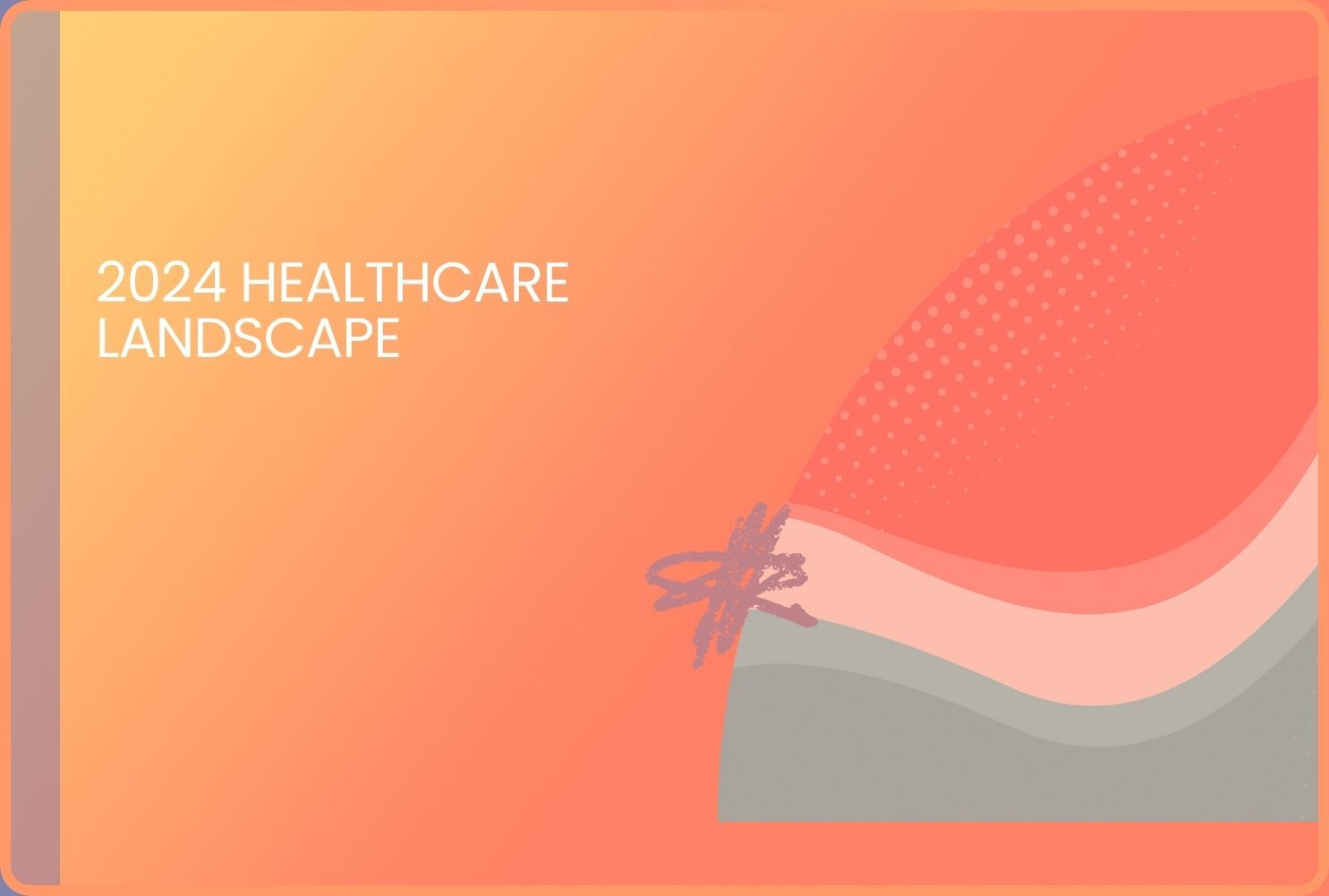Silver Debt: Unraveling the Tangle of Medical Billing for America's Seniors

Medical billing and collections are complex issues that significantly impact older Americans, a demographic that often juggles multiple health insurance plans and faces a higher likelihood of chronic health conditions requiring ongoing care. The Consumer Financial Protection Bureau's (CFPB) Office for Older Americans highlights this pressing matter in its recent "Issue Spotlight."
Exploring the Data
The CFPB report outlines the staggering number of older adults, most of whom are insured, grappling with unpaid medical bills. Nearly four million adults over 65 reported unpaid medical bills in 2020, with the total reported amount skyrocketing to $53.8 billion—an increase of 20% from the previous year.
Insurance Coverage Is Not a Panacea
Despite what one would expect, insurance coverage is not always the safeguard against medical debt. The CFPB found that 98% of these older adults had health insurance, and yet, unpaid medical bills are a reality for many. The complexity of the medical billing system, with its propensity for errors and inaccurate billing, often leaves insured older adults vulnerable to financial strains.
The Impact of Inaccurate Medical Bills
The CFPB report discusses the real-world implications of these inaccuracies. Coercive credit reporting and aggressive collection tactics can harm older adults' credit scores, limiting their access to necessary financial resources. There's a significant emotional and physical toll associated with disputing inaccuracies, which can be especially burdensome for those with functional limitations.
Dual Eligibility: A Double-Edged Sword
Dually eligible beneficiaries, those with both Medicare and Medicaid, should theoretically have the least out-of-pocket expenses. However, the report notes that these individuals report a higher incidence of unpaid medical bills, indicating that they are being billed for amounts they should not owe under the protections afforded by their dual status.
The Toll on Financial Security and Health
The challenges don't end with the financial implications. The CFPB notes that those with medical debt often face consequential health decisions, such as forgoing medications or doctor's visits due to costs. Moreover, resolving these billing issues requires time and energy that many older adults simply cannot afford, putting an undue strain on their well-being.
A System in Need of Reform
The CFPB's report makes it clear that the current medical billing and collection system requires significant improvement. For older Americans, the need for accurate billing and a straightforward resolution process is not just a convenience; it's a critical aspect of their financial and physical health.
Conclusion
As medical debt continues to be a pervasive issue among older Americans, the call for a system that supports, rather than undermines, the financial and health security of this vulnerable population grows louder. The CFPB's spotlight on this issue is a step towards acknowledging and addressing the complexities and consequences of medical billing and collections for older adults.
For a more in-depth understanding, and to read the full report, visit the CFPB's official page.
Read similar articles


Not convinced you love us. We love a challenge.
Your satisfaction is guaranteed. Learn more about our Refund Policy.















